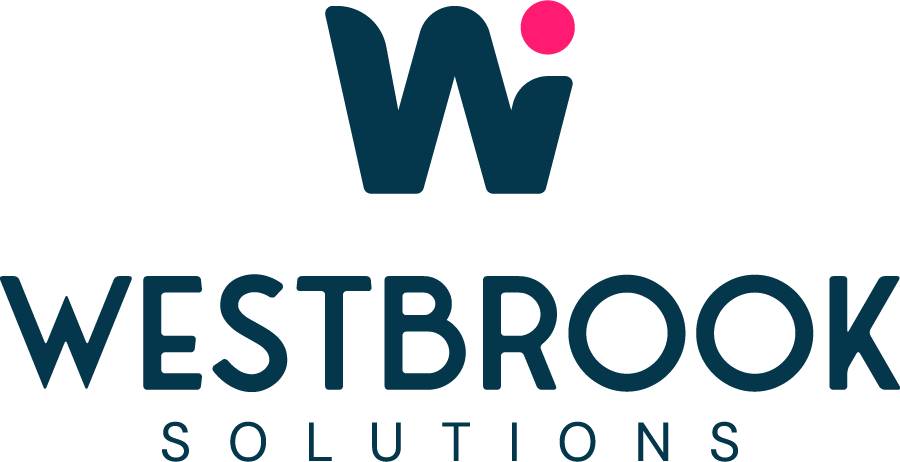We were lucky to catch up with Thomas Westbrook recently and have shared our conversation below.
Thomas, appreciate you joining us today. Can you tell us about an important lesson you learned while working at a prior job?
Throughout my career, I have held a diverse range of roles—spanning from an ice cream scooper to a regional director—across multiple industries, including health clubs, restaurants, spas, child centers, and coffee shops. Each of these roles shared a common thread: they were customer-facing and required a commitment to creating exceptional experiences that fostered long-term loyalty.
A significant portion of my professional journey was shaped at Life Time—The Healthy Way of Life Company. I began as a front-line sales associate and, over the course of a decade, advanced to leadership roles such as General Manager and Senior Sales Manager. At one point, I was entrusted with driving sales for the entire East Coast division while simultaneously leading my own territory. My time at Life Time was transformative, providing an education that rivaled any formal institution.
Early in my career, I operated under the belief that saying “yes” to every request would earn me respect and, in turn, greater influence. I assumed that by accommodating every demand, I could cultivate stronger relationships and maximize opportunities. However, I quickly learned a harsh but invaluable lesson—there simply isn’t enough time in the day to fulfill every commitment. My leadership reviews revealed that while my intentions were good, my team needed clearer direction and more decisive feedback. They didn’t just want encouragement—they wanted honesty. They needed to hear “no” when necessary, followed by the reasoning behind it.
That lesson has become a cornerstone of my leadership philosophy. Today, I tell clients “no” often—not to be difficult, but because my role is to provide honest, strategic guidance. Just because a client hires me to support their business doesn’t mean I will simply agree with them for the sake of maintaining a contract. If I believe a decision is detrimental to their success, I will say so. This approach has saved companies thousands of dollars when they’ve listened—and has saved my team countless hours when they haven’t.
Saying “no” isn’t about refusal—it’s about integrity, strategy, and ensuring that every decision is made with clarity and purpose.

As always, we appreciate you sharing your insights and we’ve got a few more questions for you, but before we get to all of that can you take a minute to introduce yourself and give our readers some of your back background and context?
With over 17 years of experience leading teams in the fitness and hospitality industries, Thomas Westbrook, CEO and Principal Consultant at Westbrook Solutions, has built a reputation for driving operational excellence and sustainable growth. As a certified Six Sigma expert, he has successfully guided organizations ranging from start-ups to Fortune 500 companies, helping them streamline processes, enhance customer experiences, and maximize profitability.
Thomas’s leadership journey includes pivotal roles at industry giants like Life Time—The Healthy Way of Life Company, where he honed his expertise in scaling businesses and optimizing performance in fast-paced, customer-centric environments. His ability to navigate complex operational challenges, implement efficiency-driven strategies, and foster high-performing teams makes him a sought-after consultant for businesses looking to elevate their operations.
By combining analytical precision with hands-on industry experience, Thomas empowers organizations to not only refine their internal processes but also create lasting impact—ensuring they thrive in an ever-evolving marketplace.

Any advice for managing a team?
Managing and motivating teams isn’t about micromanaging or throwing out generic “good job” compliments—it’s about setting clear expectations, giving direct feedback, and making sure your people feel both challenged and supported. I’ve learned that teams don’t just want a boss; they want a leader who’s in the trenches with them, making the hard calls and having the real conversations.
You have to communicate—often and honestly. If something isn’t working, address it. If someone is crushing it, recognize it. And most importantly, don’t be afraid to say no when needed. People respect leaders who are decisive and who hold them accountable. At the end of the day, a motivated team isn’t built on empty praise or fear—it’s built on trust, clarity, and a shared goal.

How do you keep in touch with clients and foster brand loyalty?
Keeping in touch with customers isn’t about blasting them with random emails or hoping they remember you—it’s about intentional engagement and personalized experiences. The best way to do that? Use your CRM.
A good Customer Relationship Management (CRM) tool isn’t just a database; it’s your playbook for building long-term loyalty. It helps you track interactions, follow up at the right time, and make customers feel like more than just a transaction. Whether it’s a personalized check-in, an exclusive offer, or a simple “thank you,” consistent, value-driven communication keeps your brand top of mind.
At Westbrook Solutions, we help businesses find the right CRM for their needs and ensure a smooth implementation process. The right system can streamline operations, improve customer retention, and ultimately drive revenue. Loyalty doesn’t happen by accident—it’s built through trust, consistency, and the right tools. If you’re not using a CRM to track and nurture relationships, you’re leaving money (and customers) on the table.
This is how we thrive in our areas of customer retention. We follow the advice we give!
Contact Info:
- Website: https://www.westbrooksolutions.com
- Instagram: @westbrook_solutions
- Facebook: https://www.facebook.com/WestbrookSolutionsTeam



